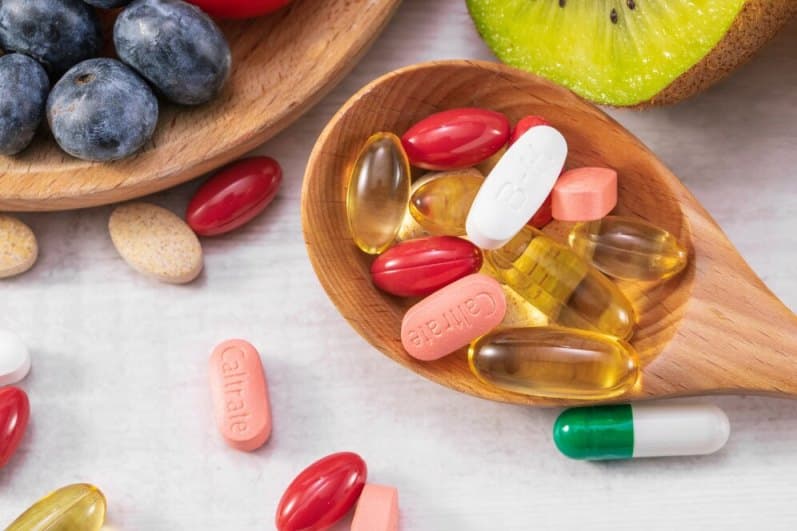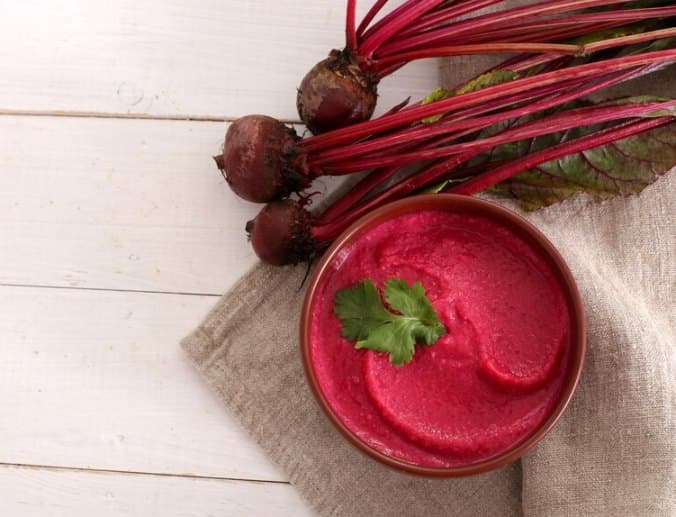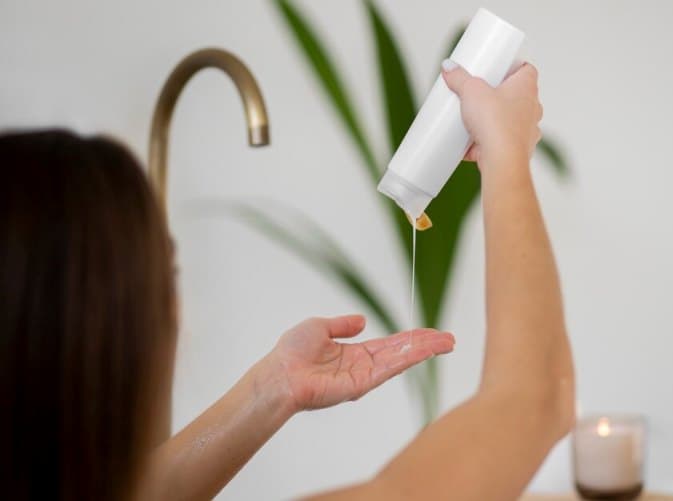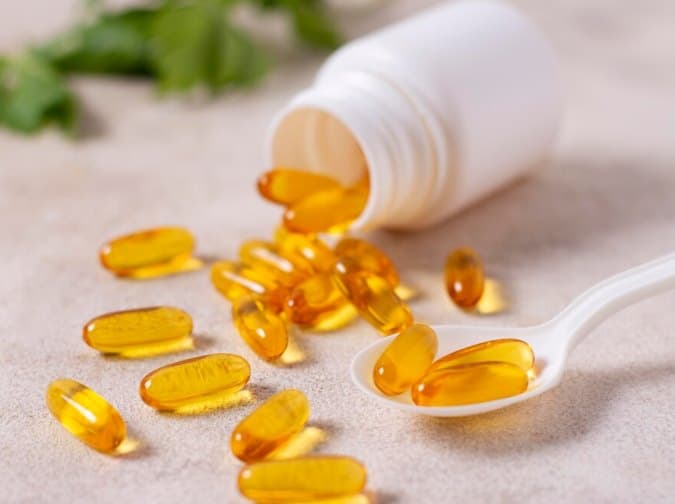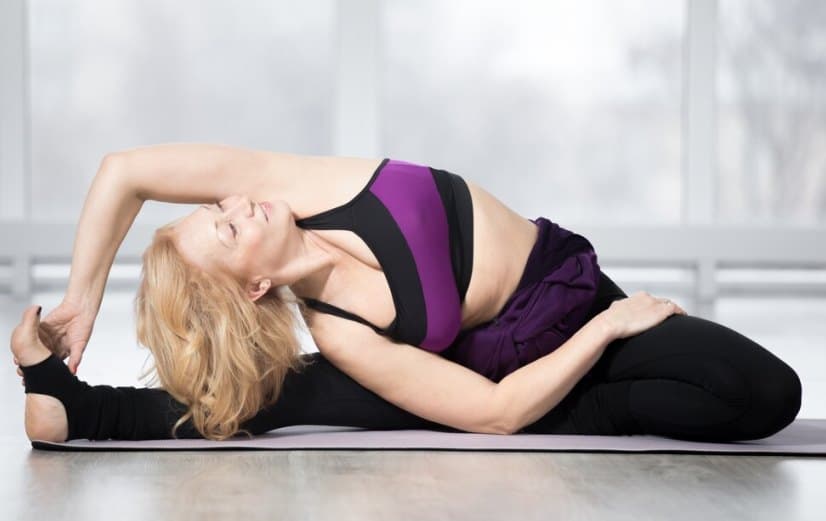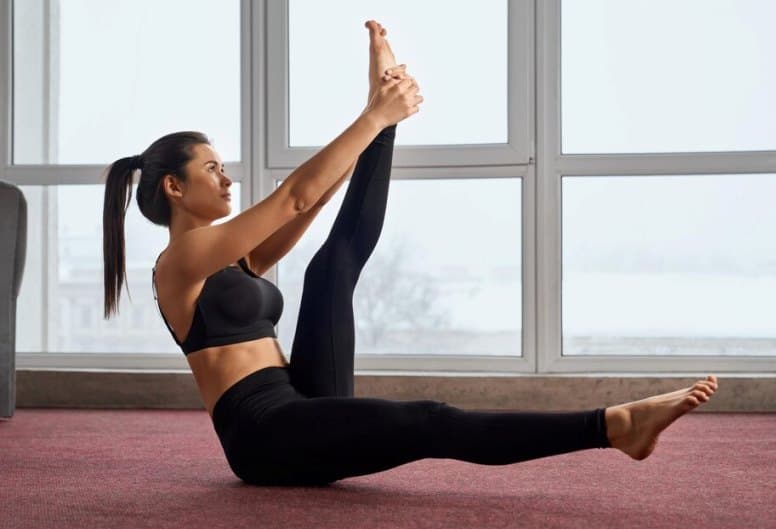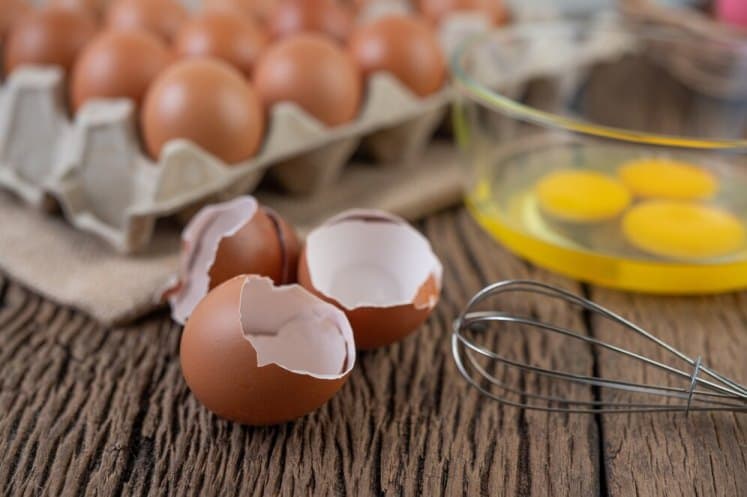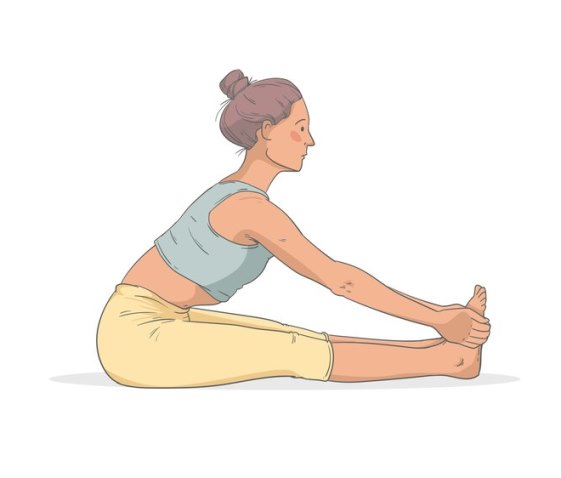To help your body absorb nutrients, focus on digestion and diet. Simple changes can boost nutrient intake effectively.
Proper nutrient absorption is crucial for maintaining overall health. Even if we consume a nutrient-rich diet, our bodies may not fully absorb all essential vitamins and minerals.
Several factors, including digestion, gut health, and lifestyle choices, influence nutrient absorption. In this comprehensive guide, we’ll learn practical tips to improve digestion. Discover how small adjustments can make a difference. Empower our body to get the most from our meals. Boost our energy and wellness with simple strategies.

